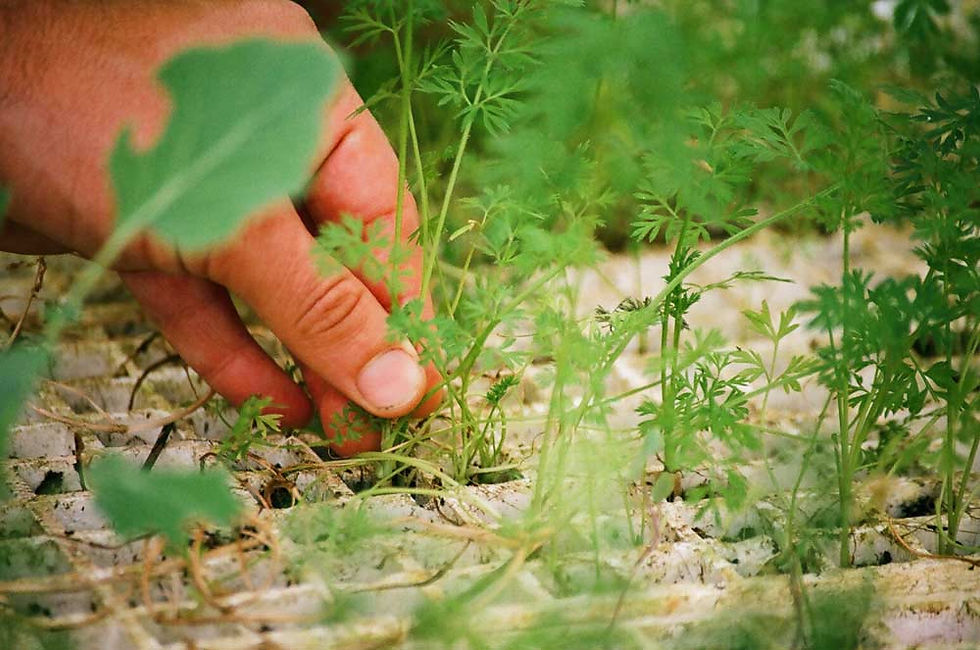Winter Hours
Mid Nov - Mar
Open
Mon – Fri | 8 a.m. - 3:30 p.m.
Closed
Sat, Sun & Holidays
Screen Garden Compost
Up to 35-Gallon Bags/Containers: $6.50 | Bulk: $33/cubic yd
Black loam appearance, very fine texture
Made from: 100% local leaf and other plant material. Requires over a year for LRC to complete the process of turning, screening and stockpiling.
Applications: Excellent soil amendment that enriches and improves both sandy (adds water retention capabilities) and clay (adds porosity and air space) soils. Can also be used as a top dressing for lawns or worked into flower and vegetable gardens. Great for container gardening as well! Average pH is 7.5.

Estimated Weight: 2000lb /cubic yard


















Stable-To-Soil Enhancer
(Formerly Mushroom Compost)
Up to 35-Gallon Bags/Containers: $7.50 | Bulk: $36/cubic yd
Light brown and very fine textured material that can retain manure odor for several weeks
Made from: Hardwood bark, straw material and horse manure from local stables that is composted into a high-quality finished product.
Caution: This material is horse manure and hay, that has been aged and screened. Although it is a great source for returning nutrients back to your soil we do not recommend this material to be used as an direct application for food crops it might come in to contact with.

Estimated Weight: 1750lb /cubic yard










Which Compost do you need?
Weather you planning on building a garden bed and filling it or just top dressing the top few inches of a no dig garden both of our compost materials are good for multiple uses. People tend to become confused with the materials and how they actually differ. Below we break down some differences in the two materials.

What is Garden Compost?
The discomposure of organic material like grass, leaves, vegetables and florals result in a highly nutrient soil amendment that is PH neutral. A material that is good for replacing the nutrients that are missing from existing soil and garden beds
What is Stable-To-Soil Enhancer (Formerly Mushroom Compost)?
The discomposure of hay feed horses and hay is collected staged for over a year. It is then screened to remove any material that has not composted. This material is good for replacing the nutrients that are missing from existing soil and garden beds. You want to be careful with this material as it is high in nitrogen. We do not recommend use of this material for vegetables without a good mixture of other organic material.
How is our Garden Compost made?
Material that is disposed of at the LRC is processed by grinding the material down to very small particles and building piles. The materials temperature, oxygen and moisture levels is monitored for over 2 years. Maintaining the core temperature above 120F is important to activate the composting process and important to killing all the weeds seeds and other pathogens. The decomposing material is turned when needed to maintain the monitored levels during the whole process. Then the material is screened to remove all unwanted material and any non-composted material that remains. The finished product is an organic compost that is high in nutrient for all your plants.
Compost nutrients
The Garden Compost is tested annually after the screening processes by a outside company. This information is limitedly available upon request through the facilities.


